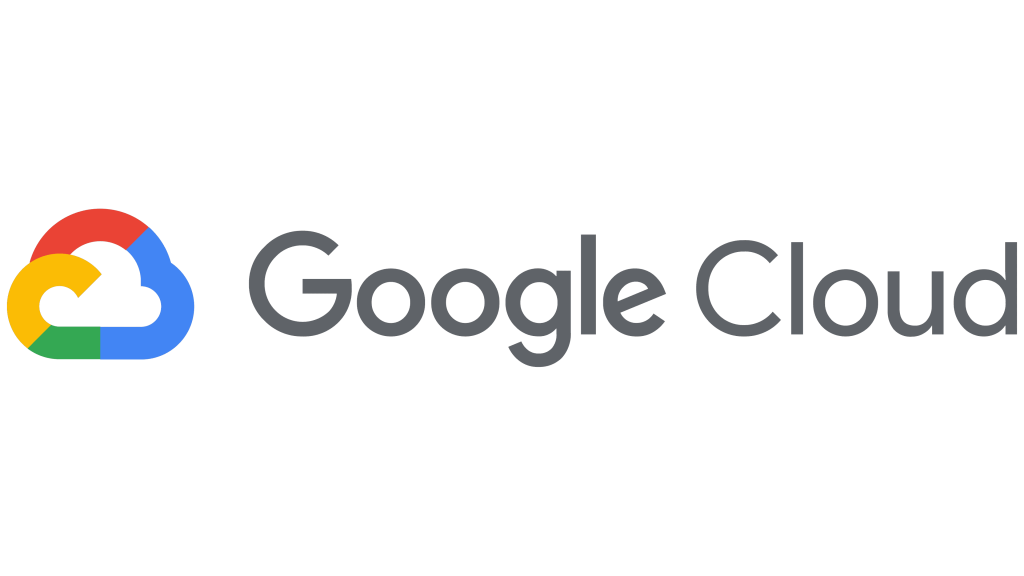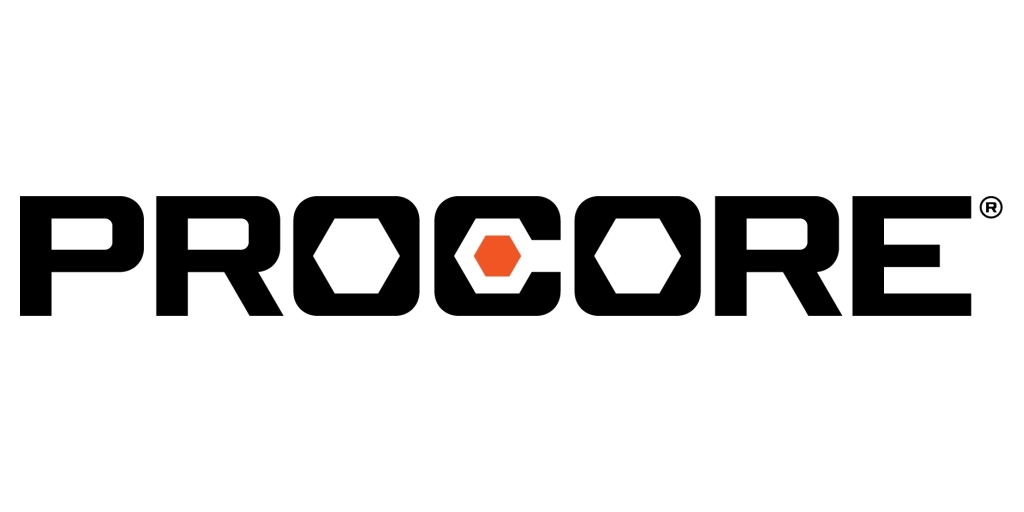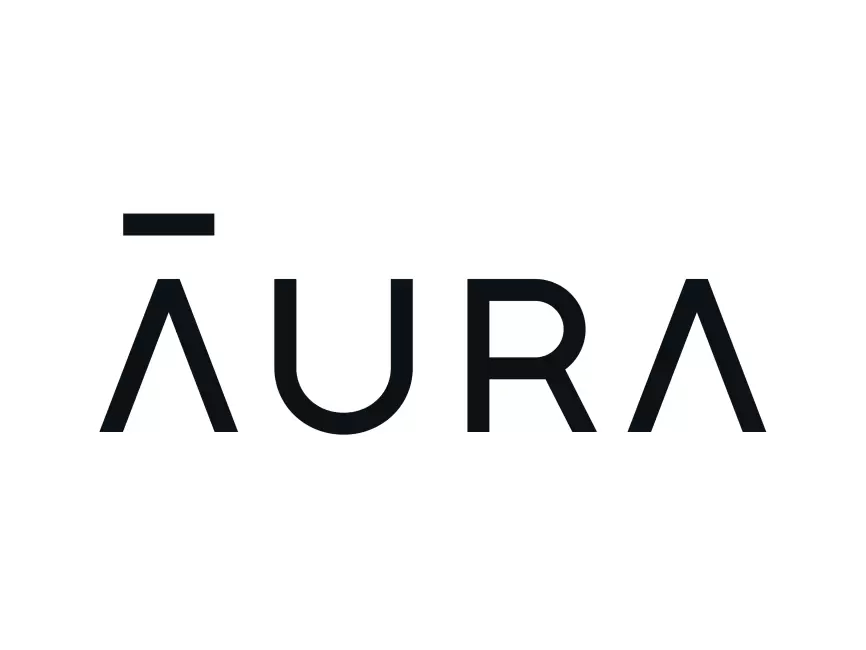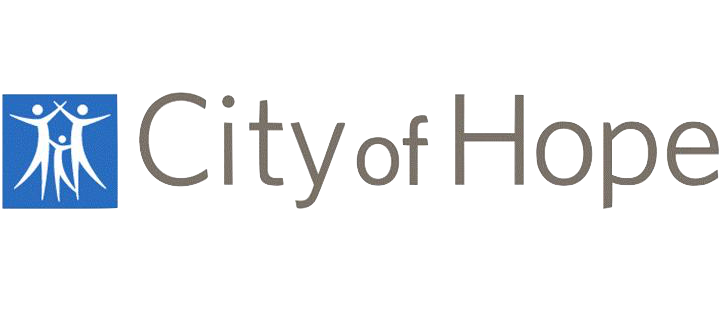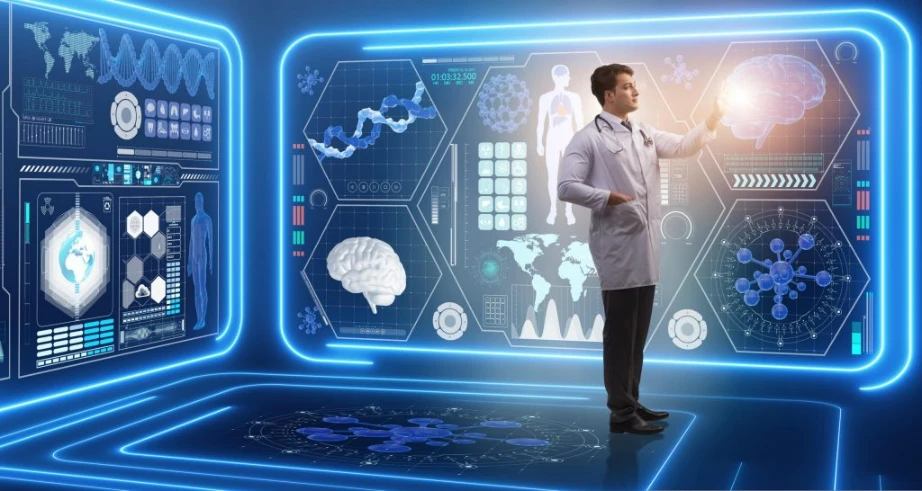
Technology is changing the way humans live their lives and the healthcare and life sciences sectors areis not far behind on adopting new systems. Among the many advancements, Artificial Intelligence (AI) has proven to be particularly attractive for its ability to analyse large swaths of data so as to provide appropriate insights to decision makers.
What is AI? In simple terms it is the technology that imparts human intelligence in machines using meticulous programming. AI plays a crucial role in helping detect, prevent, treat, manage and cure diseases. Its scope is not limited to patient management but even for pharmaceuticals, screening tests, lab automations, manufacturing and even in surgery with AI-enabled robotics.
So how is AI revolutionizing the healthcare and life sciences sector? Let’s take a look.
Drug Development:
The Covid-19 pandemic has shed some light on how pharmaceuticals companies work and how long it takes them to develop a drug. It generally takes over 6-7 years to develop a drug for commercial sale. One simple reason is the amount of research and testing that goes behind developing a medicine.
That’s where AI comes into play. Drug research and development generates large amounts of data, which has to be analysed, studied and then again put through testing. AI enables easier collection and analysis of this data and analyse it within a short span. Technology could help researchers get a better picture of how the drugs behaves, and how it could be further perfected. Another benefit of using AI is that it can be tuned for negligible error, thus eliminating redundancies from medical research.
AI could effectively predict the effect it would have on patients, given that patient data too has been fed into the system. Imagine a scenario where an AI algorithm is referring to the genome sequencing of individuals, and using that as a base to test new drugs. This could potentially reduce lengthy and expensive clinical research timeliness.
Patient Diagnosis and Treatment:
We all know the conventional way of accessing healthcare. Book a doctor’s appointment, meet him/her, get recommended tests and a diagnosis, and then start the treatment. A number of these processes could be potentially automated by AI in the future, effectively easing the load on healthcare systems.
Currently clinicians manually view X-ray or CT scan reports and then conclude what the problem is. This is largely based on their experience and knowledge, which could be variable. AI in radiology or other medical tests could use complex patterns, and cross check with other medical data to provide a more accurate report. AI could easily differentiate between a healthy organ and an infected organ if correct data is fed into its programming.
Clinicians are humans, and they may make mistakes. AI could cross reference latest reports with a patient’s medical history and accurately diagnose their condition, along with suggesting medications. So along with diagnosis AI could also recommend the treatment for patients. It could select better suited medicines, recommend safe dosage based on a patient’s medical history and essentially reduce the need for human intervention and errors.
Electronic Health Records:
Digital health records have greatly sped up the process of medical treatments and changed how healthcare is delivered. Patients may visit several doctors for different treatments, which could interfere with one another. Currently, a patient has to provide their medical history from the beginning to every doctor they meet, and it could be a lengthy process. It also becomes difficult for the doctor to provide an accurate diagnosis.
While electronic health records or EHR are already in use, the problem is the systems have become too broad based for healthcare workers to cope with. Most EHR system have a steep learning curve, and there is also the need for collaboration for EHR to work effectively. But even with more streamlined systems, humans are not capable of processing the large amounts of data generated every day at healthcare centres and hospitals.
AI could help recognize key terms from the data and increase productivity. It will make easier for Clinicians to pull up patient data and treat them.
One of the problems with EHR systems is interoperability with other systems, and AI and other automation technologies could improve interoperability. Additionally, AI-enabled systems could provide healthcare workers with better analytics tools and data visualization. This goes a long way in maintaining quality healthcare and improving patient outcomes.
Predictive Functions:
Hospitals and clinics use several medical equipment and medicines and it is difficult keeping a track of them. Some may expire, and are not safe to use. AI can accurately analyse the inventory for you and keep you updated with their status.
While that is one function, AI could also help predict mass infections such as an epidemic or pandemic. Based on current and past data, machines could predict the outbreak of an influenza in a region, or the rise of malaria cases in another. This could prove instrumental in taking necessary precautions.
On an individual level, data collected from smart wearables could be analysed by AI systems and could shed light on the health of the user. An example is the Apple Watch which has saved many from cardiac arrest and predicted heart ailments of others.
Considering the current industry landscape, AI represents a significant opportunity for creating enterprise value. As AI continues to mature, they will unlock significant opportunities to transform health and life sciences.


